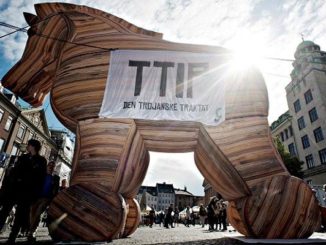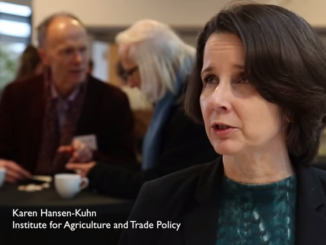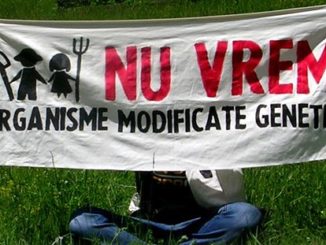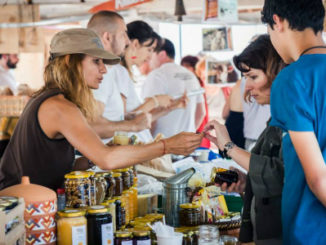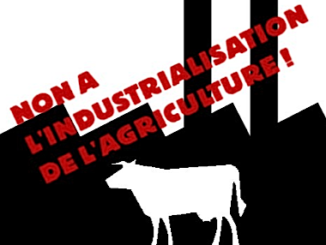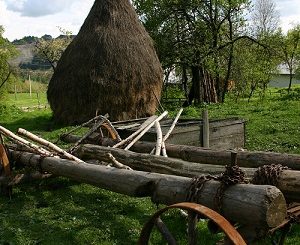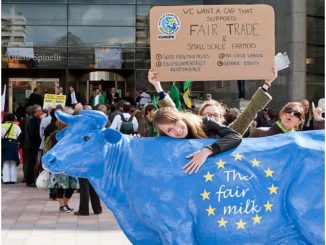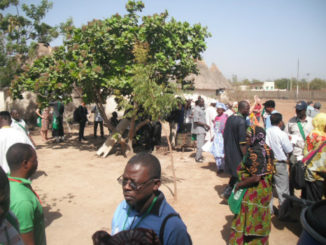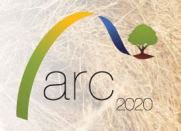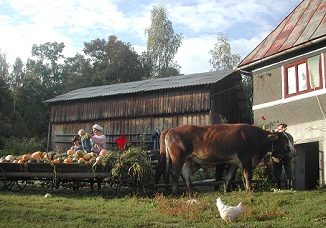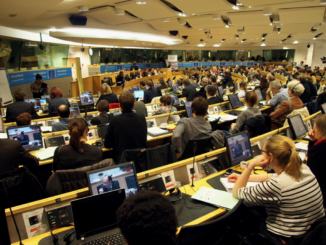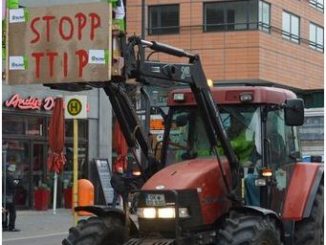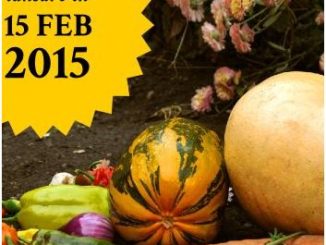
WTO’s COOL Ruling confirms that trade treaties undermine national laws
ARC2020 UPDATE and Comment 28/05/2015 According to leaked EU Commission documents mandatory origin labeling for food will not be introduced. While there is already a voluntary label on mainstream meat products, both milk products and other meat products (such as “horse meat, rabbit and game”) will also only be eligible for the voluntary label. There will be no mandatory label for any meat or milk or processed foods now, according to the ViEUws report, because this would lead to “higher operating costs and a hike in food prices…it would also “disrupt cross boarder trade and increase costs”. So, reports ViEUws, the EU is likely to keep this labeling as Voluntary. (See at 5 mins 51 sec in the recent ViEUws Brussels Briefing at end of this post). This is remarkably similar to the language and reasoning of the WTO, as outlined below by Shefali Sharma. This also points to significant regulatory harmonisation, a form of ISDS by the back door. Article by Shefali Sharma of IATP. On May 8th, President Obama told a crowd in Oregon: […]

